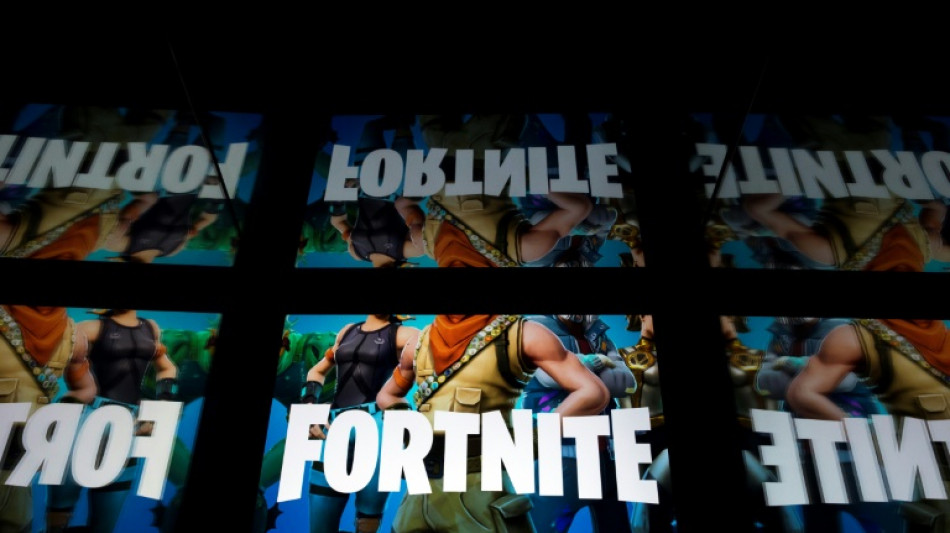
CMSD
0.1300

A US federal court ruled Thursday that Google must open its Android operating system to rival app stores, after the internet giant lost an appeal in an antitrust case filed by Fortnite maker Epic Games.
The ruling clears the way for the Epic Games shop to operate within the Google Play Store despite the latter's requirement that apps use Google's payment system, which collects commissions on transactions.
US Ninth Circuit Court Judge Margaret McKeown said in an opinion that a panel of justices decided to uphold the original verdict because the initial ruling's parameters were "supported by the record and the nature of the market."
Epic chief executive Tim Sweeney fired off a post on X declaring: "Total victory in the Epic v Google appeal!"
Google will continue its appeal of the December 2023 verdict, with the next venue being the US Supreme Court, according to the company's global head of regulatory affairs Lee-Anne Mulholland.
"This decision will significantly harm user safety, limit choice, and undermine the innovation that has always been central to the Android ecosystem," Mulholland said in response to an AFP inquiry.
"Our top priority remains protecting our users, developers and partners, and maintaining a secure platform as we continue our appeal."
- 'Feudal security' -
Internet rights advocacy group Electronic Frontier Foundation (EFF) argued in a brief filed in the case that "competition rather than monopoly will make users more safe."
"Google and other tech giants offer 'feudal security' in which users must depend on the whims of a monopolist to guarantee their safety," the EFF said in an online post.
The EFF argued that the initial judge's order promises to level the playing field in the Android operating system for rival app stores, including some with better vetting and curation policies.
The judge's order resulted from Google's defeat in an antitrust case brought by Epic, where a California jury decided that Google wields illegal monopoly power through its Android Play Store.
A similar legal battle has played out between Epic and Apple regarding its App Store.
Shortly after Fortnite's launch on the Apple App Store and Google Play Store, Epic embedded secret code into the game's software so that players could bypass the tech giants' payment-processing systems, thereby avoiding commissions of up to 30 percent, the court noted.
Epic dubbed the circumvention scheme "Project Liberty" as part of a protest against tight control of the main shops for smartphone digital content.
Fortnite returned to Apple's App Store in the United States in May after being sidelined for years due to a legal battle with the iPhone maker.
North Carolina-based Epic has faced off against Apple in US courts since 2021, when Fortnite was banned from the App Store over what Apple said was an attempt to get around the iPhone maker's payment system.
Apple is appealing aspects of the outcome of that case despite a judge ruling the App Store is not a monopoly.
J.Marek--TPP